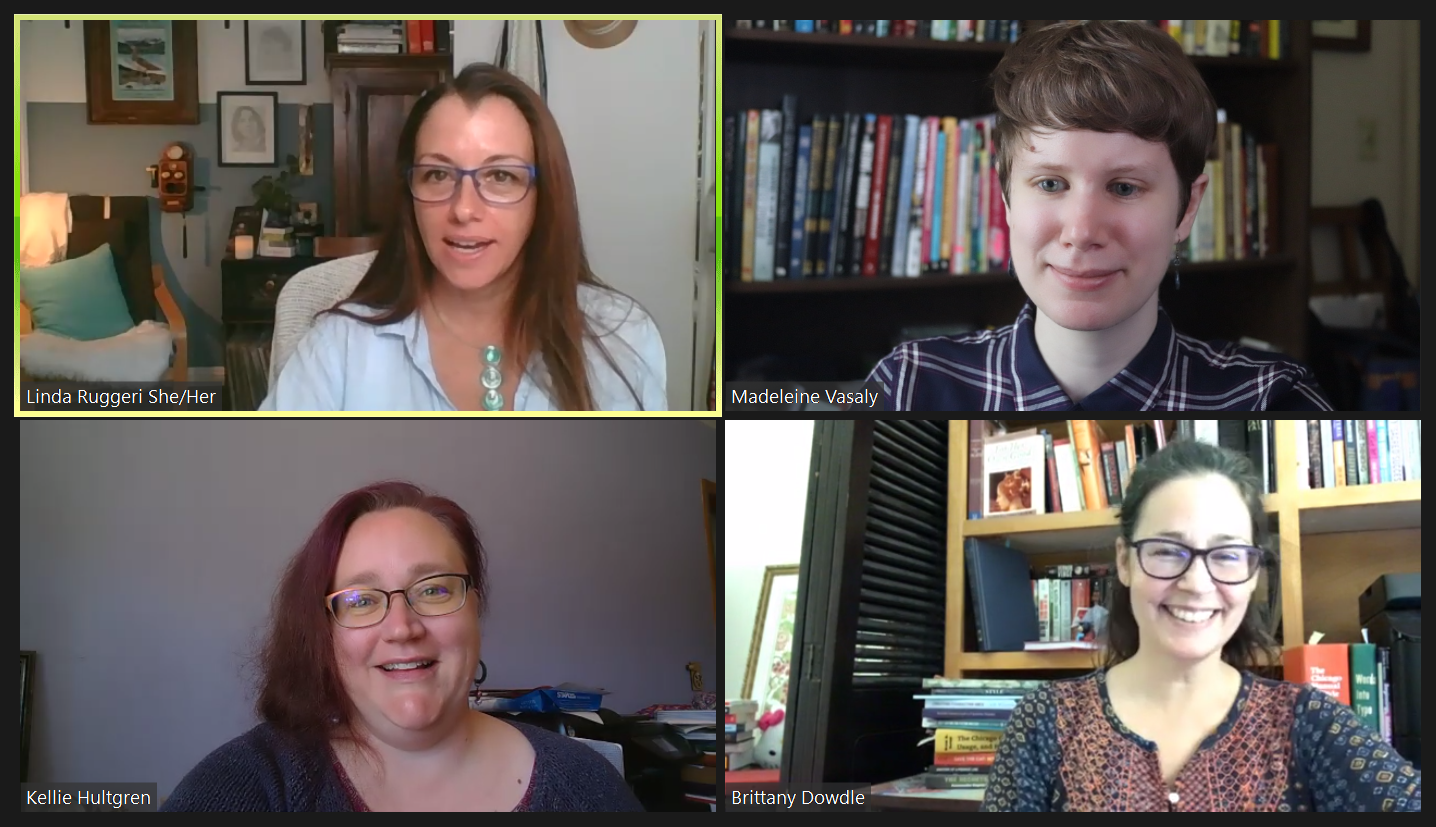How a Mastermind Group Can Help Your Freelance Business
Alejandro Escamilla/Unsplash
I first heard the words “mastermind group” at a professional conference in 2019, and in classic Baader-Meinhof style, I kept hearing it over the course of the weekend from person after person. They all explained it was a type of mutual professional mentoring group that people used to keep each other accountable and help each other learn. It sounded interesting, but I wasn’t sure it would be my kind of thing.
But about six months later, a local editor friend of mine invited me to join a mastermind group she was forming with two other freelancers. The timing was perfect: I’d been freelancing full-time for two years at that point, but I’d temporarily scaled things back when a family member died unexpectedly. After working at a reduced capacity for about a year, I was ready to not only turn the dial back up but expand my business.
Since launching the group a year ago, we’ve been meeting every two or three weeks over Zoom (in person wasn’t an option even before the pandemic—we’re in three different time zones). Each call has a dedicated topic, so one week we might focus on marketing, and another week we might talk about the tools we use for digital proofreading or productivity. We used one of our first meetings to set short- and long-term goals for our freelance businesses, and we periodically check in on those goals so we can share what we’ve accomplished or admit we’ve had to put something on the back burner. We’re never hard on each other, but the accountability of those check-ins has helped me stay on track with the things I want to accomplish.
Our mastermind group at work. (Shoutout to Canon for finally releasing an app that lets me use my SLR camera as a webcam. My Zoom meetings have never looked better.)
In addition to those bigger topics, we always talk about any recent news or business wins we have to celebrate and report on any professional development opportunities we’ve taken advantage of. If one of us lands a project we’re really excited about, we can brag about it to the group. If one of us attends a webinar, we’ll give a bit of a review, let the others know some of the key things we learned, and say whether or not we’d recommend it.
The meetings (and the Slack space we use between meetings) also give us the chance to ask for advice on editing points, client relations, business strategy, and anything else we’re wrestling with. I’m a member of several editing-related email lists and Facebook groups, but sometimes a question is small enough that I don’t want to bother—or sensitive enough that I don’t want to post about it in a big group. It’s great to have three trusted colleagues I can go to for those cases.
One of the things that helps our group work well is the fact that we all have a similar approach. We want to be productive and use the group to accomplish things, but we also aren’t overly serious or inflexible about our meeting agendas. A couple months into the pandemic, we were all getting a little burned out, so we had a few meetings that were less structured and gave us a chance to recharge and just talk with other humans face to face. Once we were feeling productive again, we went back to the usual format.
If you’re looking to hold yourself accountable and get some help with your skills and your business, a mastermind group could be just the thing.

